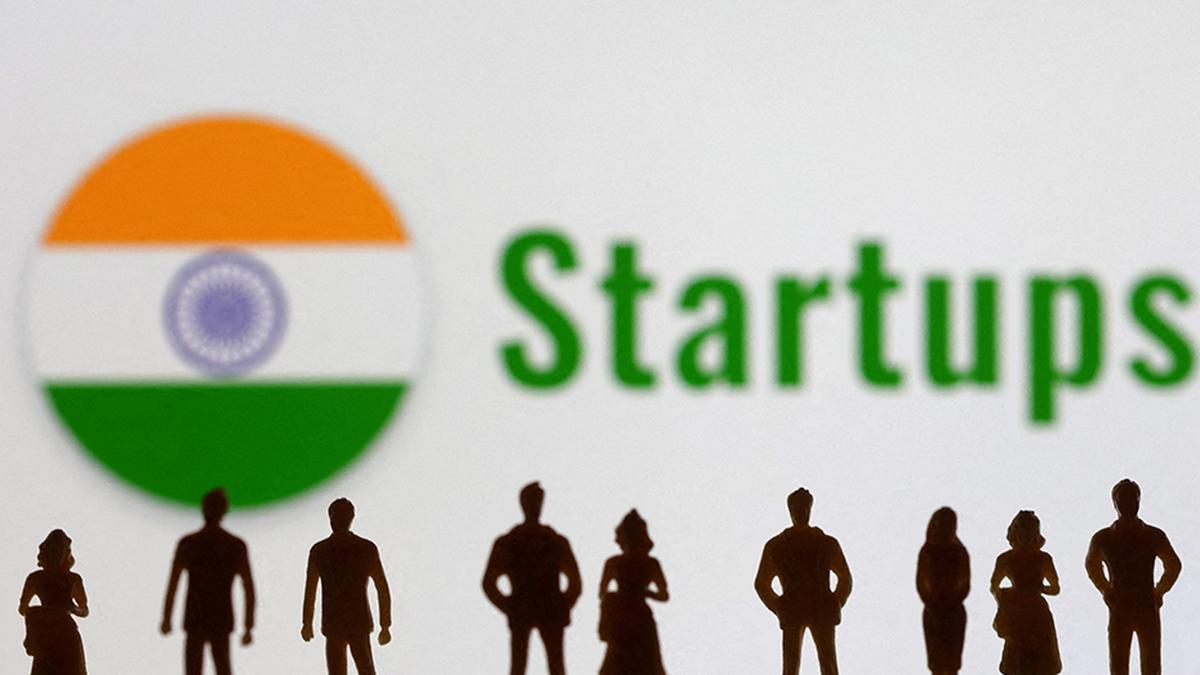India is undergoing an entrepreneurial boom, ranking among the top three global start-up ecosystems with over 140,000 start-ups and 100+ unicorns valued at $347 billion.
A strong macroeconomic environment further supports this shift.
A growing middle class, higher education levels, and favourable government policies have created a fertile ground for start-ups to thrive. The government has strategically leveraged this ecosystem to address challenges like job creation and economic upliftment.
India’s digital revolution has been pivotal in empowering entrepreneurs. With 820 million internet users and a 55 per cent penetration rate, entrepreneurs now have the tools to reach customers and operate efficiently with minimal upfront investment.
Technologies like low-code and no-code platforms have reduced product development time and made barriers to entrepreneurship lower, enabling founders to make informed, agile decisions.
India’s start-up ecosystem has diversified. Once dominated by young tech enthusiasts, entrepreneurship has expanded beyond tech, becoming a mainstream aspiration, particularly in the post-Covid digital boom. Second-time founders are often seen as more experienced, often transitioning into successful investors and mentors.
Indian entrepreneurs are creating more unique and culturally relevant business models instead of replicating Western models. India’s fintech sector, for example, has seen mobile payments outpace the US and China. While earlier investments were focused on e-commerce and consumer tech, sectors like AI, sustainability and space technology are now attracting significant attention. Key growth areas include:
Deep Tech: India’s Deep Tech ecosystem, with over 3,600 start-ups, raised $850 million in 2023,3.AI innovations are disrupting industries like healthcare and finance.
Electric Vehicles (EVs) and Clean Tech: The EV sector, supported by government incentives and consumer demand, is reshaping India’s transportation landscape.
Defence Tech: India, one of the largest defence spenders globally, encourages private sector innovation in defence technology, providing start-ups with growth opportunities and international export markets.
Space Tech: Start-ups in satellite technology and aerospace research are positioning India as a key player in space commercialisation.
The availability of funding options is another crucial factor fuelling India’s entrepreneurial boom. In 2024, Indian start-ups raised $7.5 billion across 780 deals, a 53 per cent increase from the previous year. Government initiatives, such as Start-up India, Make in India and Digital India, have created a robust framework offering tax incentives, simplified compliance and early-stage funding support.
Domestic investors, now account for a significant portion of total funding, reducing reliance on foreign capital. Family offices and angel investors are key to the ecosystem’s stability and long-term resilience.
Global Private Equity (PE) firms are now excited by a maturing public market and favourable exit opportunities. IPOs are no longer the only exit option; buyout funds and domestic conglomerates are becoming more active, with Indian firms now acquiring assets globally.
Corporate VC arms are increasingly active in strategic sectors, while VC and PE convergence in growth-stage deals offers start-ups capital and ecosystem support. India’s banks now back start-ups with strong unit economics. India’s maturing entrepreneurial ecosystem, fuelled by policies, funding, and education, is driving start-ups to set global standards in innovation and resilience, marking a golden era of opportunity and creativity.
Berry is Leader – Strategy, Risk and Transactions; and Agrawal is Leader – Corporate Finance, Deloitte South Asia






Leave a Comment